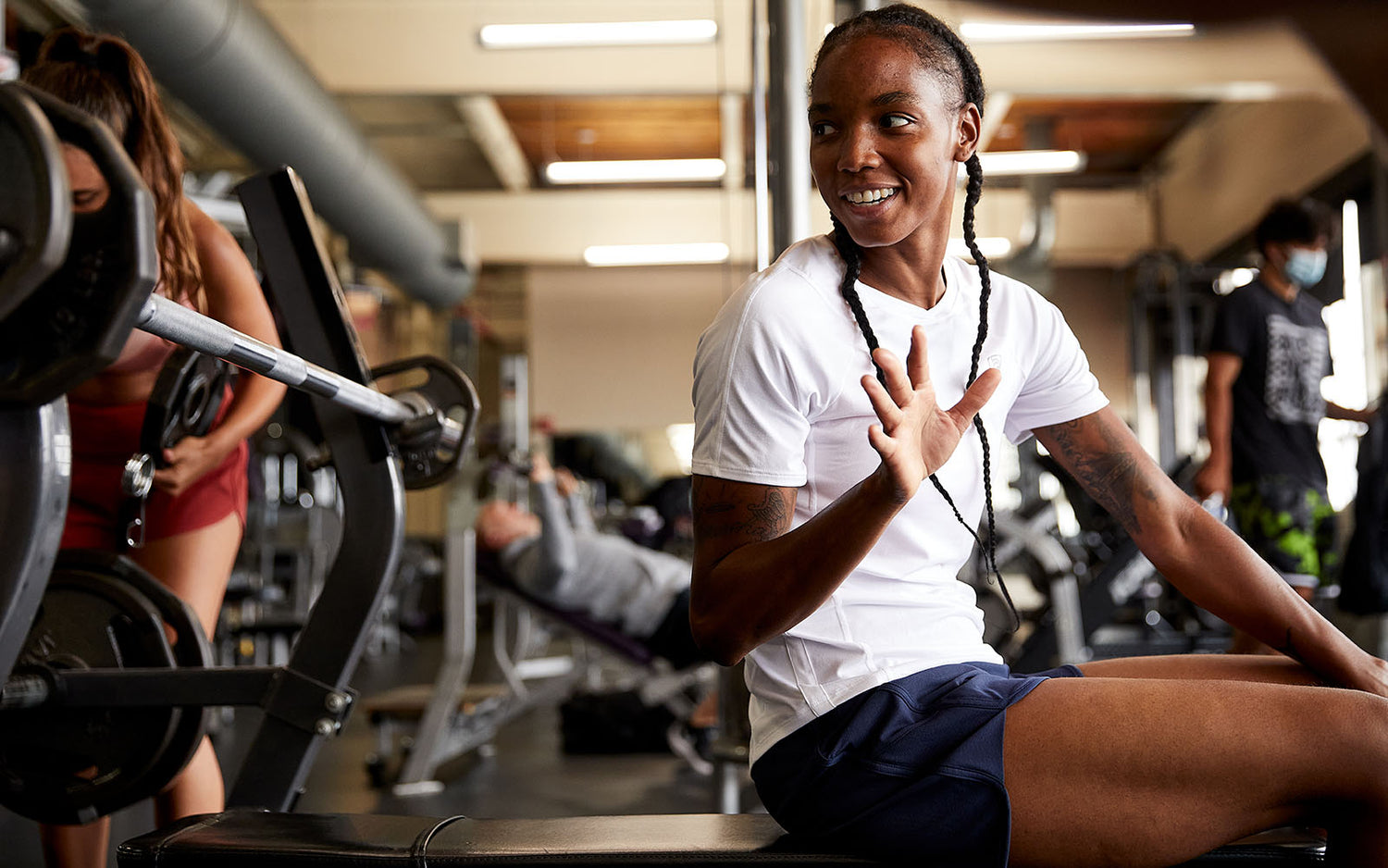Our phones now encompass nearly every aspect of our lives. From sleep trackers and step counters to meditation and calorie counters, health apps are intrinsically part of our everyday lives.
They help us keep tabs on our habits, remind us to drink water, and even celebrate with us when we reach a new goal. As useful as these apps are, they do collect a great deal of personal information about the user. This begs the question: where is it all going?
Why We Love Health Apps
It’s not difficult to see why people turn to health apps. You monitor your sleep, you log your breakfast, and by lunch, you look at your step count. It turns everyday habits into a game, and for those who have conditions like diabetes or anxiety, it can feel like extra assistance.
But this convenience comes at a cost. The more you share, the greater your digital trail, and the less you will have control over who sees your information.
What Kind of Data Do They Collect?
Health apps don't just record your heart rate or weight. Some are capable of tracking your location, habits, and possibly even your mood sometimes. Some are linked to social media so that you can post about your progress publicly, and some are connected directly to your doctor's office.
Take a period tracker as an example. At first glance, it appears to be a simple calendar, but it can actually be monitoring cycle length, fertility cycles, and sex. If that data were ever released or sold to advertisers, insurers, or other third parties, the targeting would be mighty personal.
Yes, Companies Really Share Your Data
If you’re wondering whether companies actually share this kind of data, in short, yes – they do. Not all companies do, but many apps reserve the right to share your information with advertisers or business partners. Sometimes this is written clearly in the terms of service, but most of us scroll past those long agreements without reading them.
There already have been such real-world examples where health data was transmitted in unforeseen manners. In 2019, the Federal Trade Commission of the United States found that a popular fertility app had transmitted users' personal data to large tech corporations for marketing purposes. Users were surprised, as they assumed that their data was confidential.
How to Protect Yourself
The good news is, you don't have to stop using your health apps altogether. With some clever habits, you can still enjoy the advantages while diminishing the dangers.
-
Check privacy settings
Navigate through the menu of the app and turn off whatever appears to be superfluous. Default options have a tendency to disclose more than you realize.
-
Check reviews before downloading
Previous users often mention if an app sells data or asks for odd permissions. Taking a minute to read reviews can save you trouble and help you spot apps that aren’t worth trusting.
-
Use hard-to-guess passwords and two-factor authentication
Reusing easy passwords leaves accounts open to hacking. Add a second step to login and it's a lot harder.
-
Think about tools that enhance online privacy
Any time you go online, your activity can be tracked. A VPN helps by encrypting your connection. If you want to give it a try, you can take advantage of vpn black friday deals when prices are lower.
-
Reflect before oversharing
If the app requires information that isn’t relevant to your objectives, avoid them. Less shared data means less data collected.
You don't need to trade health apps for safety, but by adjusting your settings, being smart, securing your accounts, and adding a privacy layer when needed, you can enjoy them and still control your data.
Why It Matters to You
You might be thinking, “I don't care if someone can track how many steps I'm taking.” But little details mount up. A sleep monitor has a record of when you are lying awake, an exercise app has your route runs, and between them, they build a complete calendar of your everyday life. That data is worth something, and not just to advertisers.
Insurance companies can then use this data to price their plans, or even refuse offering their services to you altogether. Employers can use it when deciding whether to offer wellness programs. Even hackers might be interested, especially if your account isn’t locked down with strong passwords.
Close-Up
Health apps are helpful tools, but they're not risk-free. Every step that you chart or every meal that you log is part of your own story, and it should be safeguarded.
Pay attention to what you're sharing; by taking simple precautions, you can still use these apps more confidently. The idea is not to avoid technology, but to ensure that it serves you without compromising more than you intend to.



Leave a comment
This site is protected by hCaptcha and the hCaptcha Privacy Policy and Terms of Service apply.